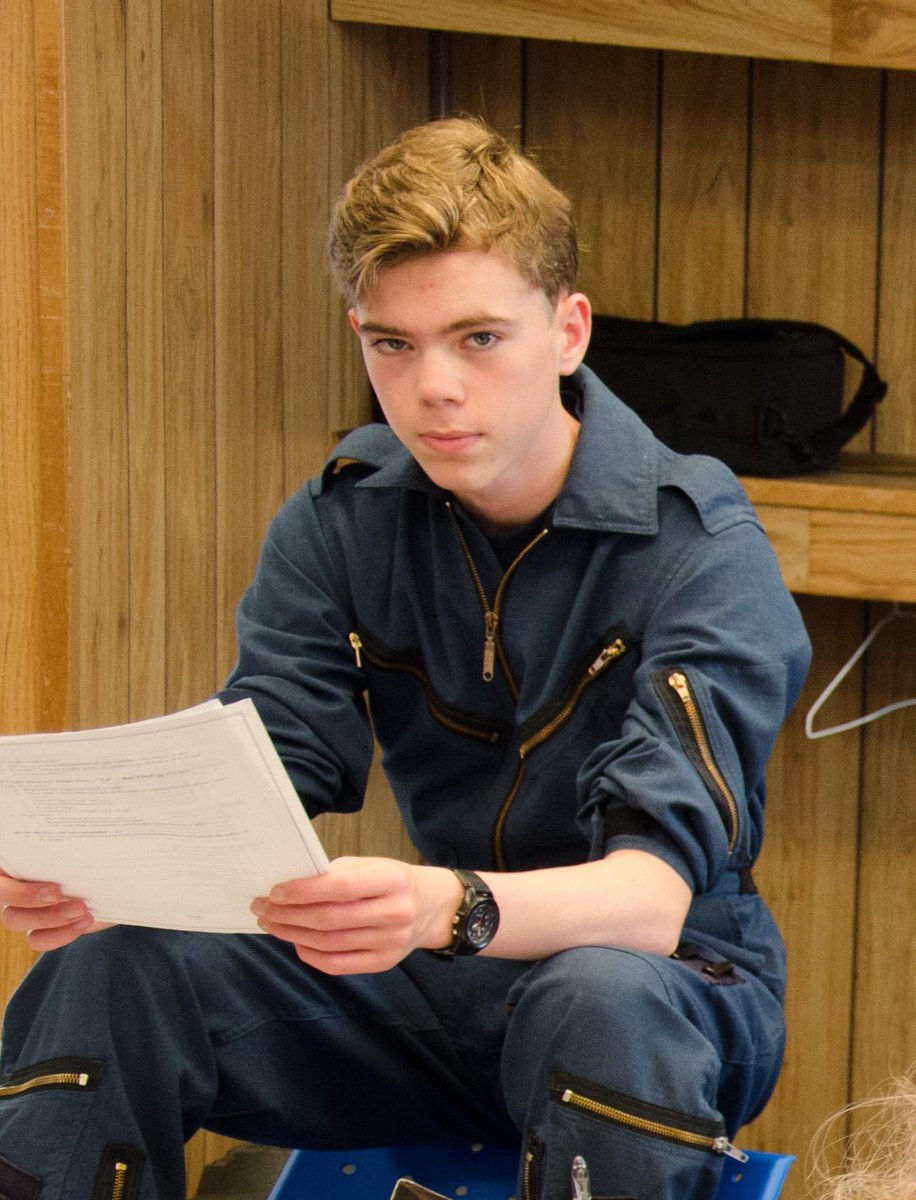View joe McMaster’s profile on LinkedIn, the world’s largest professional community. Joe has 1 job listed on their profile. See the complete profile on LinkedIn and discover joe’s. 880 Followers, 997 Following, 72 Posts - See Instagram photos and videos from Joe MacMaster (@jamacmaster).

Contact Info
Joe Emberson began his career at McMaster in 1996 as the Chief Operating Engineer and now works as the Director of Energy Management and Utilities. He is responsible for monitoring energy consumption from the central plant to its end use as well as measuring and monitoring other utilities on campus. View joe McMaster’s profile on LinkedIn, the world’s largest professional community. Joe has 1 job listed on their profile. See the complete profile on LinkedIn and discover joe’s connections and jobs at similar companies.

Research
My research examines the integrative physiology of exercise at the molecular to whole body level in both healthy individuals and people with chronic diseases. In addition to basic, mechanistic studies on the regulation of skeletal muscle energy provision, my laboratory conducts applied research that examines the impact of physical training and dietary manipulation on human health and performance. Our recent work has largely focused on the physiological adaptations to intermittent exercise (interval training) and the associated health impacts. I am also interested in science communication and coauthored a bestselling book on the science of time-efficient exercise, The One-Minute Workout: Science Shows a Way to Get Fit That’s Smarter, Faster, Shorter (Penguin Random House, 2017).
Exercise Physiology; Skeletal Muscle; Metabolism; Training Responses; Nutrition
Courses
Undergraduate
| Course Code | Course Name |
| KINESIOL 4C03 | Integrative Physiology of Human Performance |
Publications
Joseph Mcmaster
Names of trainees are underlined.
Gibala MJ, Little JP. Physiological basis of brief vigorous exercise to improve health. J Physiol. 598: 61-69, 2020.
Gibala MJ, Bostad B, McCarthy DG. Physiological adaptations to interval training to promote endurance. Curr Opin Physiol 10:180-184, 2019.
Jenkins EM, Nairn L, Skelly L, Little JP, Gibala MJ. Do stair climbing exercise “snacks” improve cardiorespiratory fitness? Appl Physiol Nutr Metab 44:681-684, 2019.
MacInnis MJ, Skelly LE, Godkin FE, Martin BJ, Tripp TR, Tarnopolsky MA, Gibala MJ. The effect of short-term, high-intensity exercise training on human skeletal muscle citrate synthase maximal activity: single versus multiple bouts per session. Appl Physiol Nutr Metab. 44: 1391-1394, 2019.
Godkin FE, Jenkins EM, Little JP, Nazarali Z, Percival ME, Gibala MJ. The effect of brief intermittent stair climbing on glycemic control in people with type 2 diabetes: A pilot study. Appl Physiol Nutr Metab. 43:969-972, 2018.
Gibala MJ, Hawley JA. Sprinting toward fitness. Cell Metab 25:988-990, 2017. PMID: 28467942
MacInnis MJ, Gibala MJ. Physiological adaptations to interval training and the role of exercise intensity. J Physiol 595:2915-2930, 2017.
MacInnis MJ, Zacharewicz E, Martin BJ, Haikalis ME, Skelly LE, Tarnopolsky MA, Murphy RM, Gibala MJ. Superior mitochondrial adaptations in human skeletal muscle after interval compared to continuous single-leg cycling matched for total work. J Physiol. 595:2955-2968, 2017.
Allison MA, Baglole JH, Martin BJ, MacInnis MJ, Gurd BJ, Gibala MJ. Brief intense stair climbing improves cardiorespiratory fitness. Med Sci Sports Exerc 49: 298-307, 2017.
Gillen JB, Martin BJ, MacInnis MJ, Skelly LE, Tarnopolsky MA, Gibala MJ. Twelve weeks of sprint interval training improves indices of cardiometabolic health similar to traditional endurance training despite a five-fold lower exercise volume and time commitment. PLOS ONE Apr 26;11(4):e0154075, 2016.
Education
Joe Mcmaster
| Degree | Specialty | University | Year |
| PhD | Skeletal Muscle Metabolism | University of Guelph | 1997 |
| MSc | Skeletal Muscle Physiology | McMaster University | 1994 |
| BHK | Human Kinetics | University of Windsor | 1991 |
Grad Students
Joel Mcmasters
Joe Mcmaster Arrested
NPR’s sites use cookies, similar tracking and storage technologies, and information about the device you use to access our sites (together, “cookies”) to enhance your viewing, listening and user experience, personalize content, personalize messages from NPR’s sponsors, provide social media features, and analyze NPR’s traffic. This information is shared with social media, sponsorship, analytics, and other vendors or service providers. See details.
You may click on “Your Choices” below to learn about and use cookie management tools to limit use of cookies when you visit NPR’s sites. You can adjust your cookie choices in those tools at any time. If you click “Agree and Continue” below, you acknowledge that your cookie choices in those tools will be respected and that you otherwise agree to the use of cookies on NPR’s sites.
